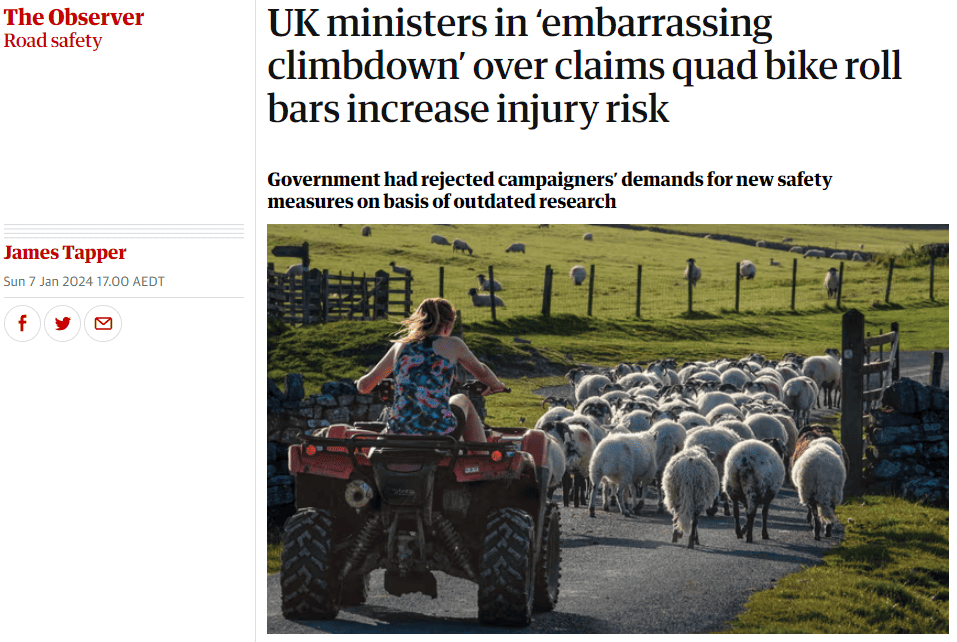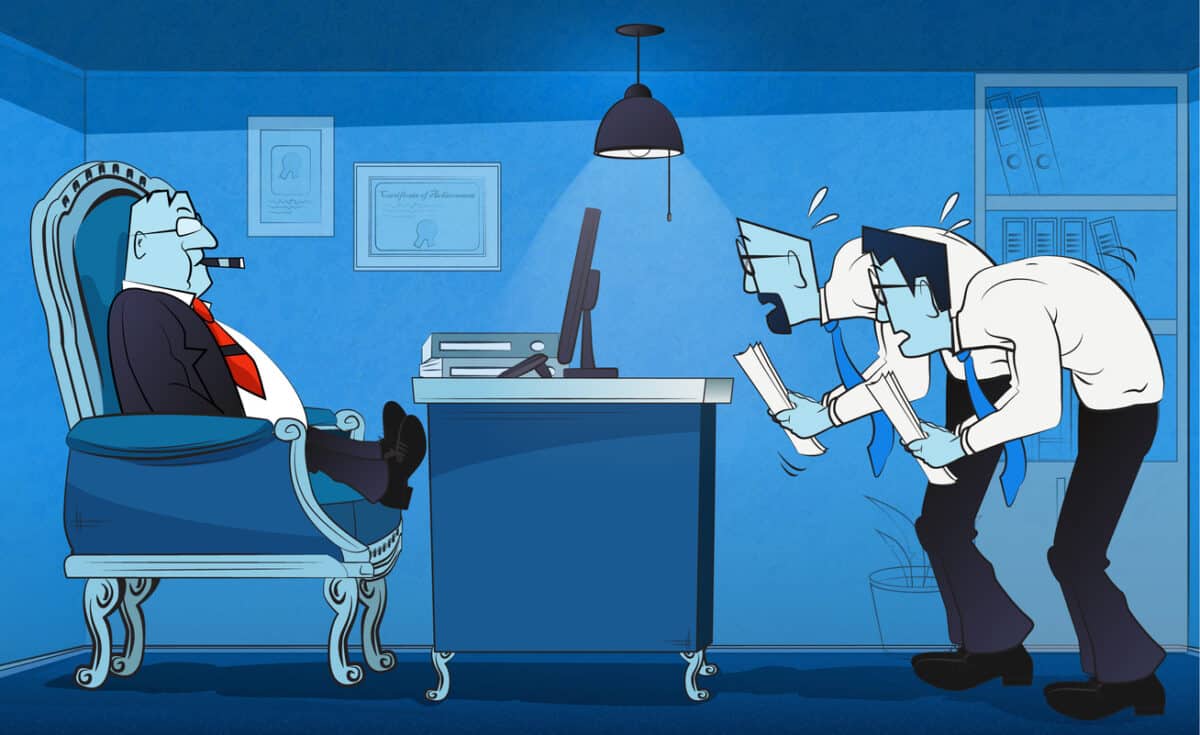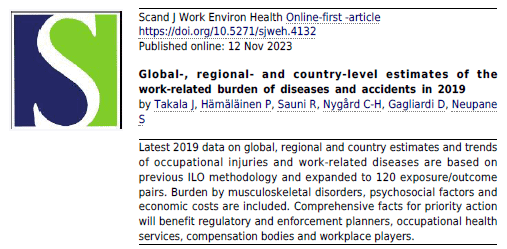A recent article in The Observer illustrates just how far behind Australia the United Kingdom is on requiring the installation of crush protection devices on quad bikes. It is also surprising that the UK’s Health and Safety Executive (HSE) is not just relying on independent Australian research into quad bike rollovers. The vehicles are the same makes and models, the terrain is similar, and the risk is the same …??
Category: death
Engineered stone in the business media
The Australian Financial Review (AFR) is a newspaper written for and about business, so worker safety and health is usually depicted as a nuisance to be addressed only when one absolutely must. However, its coverage of engineered stone products is notably skewed.
“Backbone of the Nation” and safety
In 1984 I was in England during the miners’ strike, a period of profound social and political change in the United Kingdom. The politics of that period have always fascinated me, but my profession has also caused me to look at some of the attitudes to occupational health and safety (OHS). While holidaying recently in the UK, I purchased Backbone of the Nation, looking at both the politics and safety.
No one seems to know why farm deaths have declined
This week’s Weekly Times, a major Australian agriculture newspaper, is reporting the good news that work-related deaths on farms have declined (not available online). The numbers from Safe Work Australia are positive, but the analysis of the reasons for the decline is thin.
“made through the blood of the workers who never came home”
Last week, the Australian Parliament passed a tranche of industrial relations laws; laws that were, unsurprisingly, objected to by some business groups but included some occupational health and safety (OHS) contexts. Industrial Manslaughter was the obvious one, but pay equity and increased job certainty, if not security, for some industry sectors, has the potential to reduce job stress.
Interview with ILO’s Manal Azzi
Last week, I was able to interview several speakers, sponsors and delegates at the 23rd World Congress on Safety and Health at Work, sometimes on behalf of the Congress and at other times privately. Some of these interviews were edited from forty-five minutes of content to ten. The interview with the Team Lead on Occupational Safety and Health at the International Labour Organization, Manal Azzi, available online, was once such. This SafetyAtWorkBlog article is the full, slightly edited, transcript of that interview.
New international and local workplace data should cause a reassessment of national OHS strategies
Earlier this week, the International Labour Organisation (ILO) released new data showing that in 2019:
“According to the latest estimates developed by the ILO and covering the year 2019, over 395 million workers worldwide sustained a non-fatal work injury.”
More research on global work-related deaths has been released. This time, it was through the Scandinavian Journal of Work, Environment, and Health and with regional data breakdowns. This latest report includes some important statistical data about psychosocial exposures at work.






